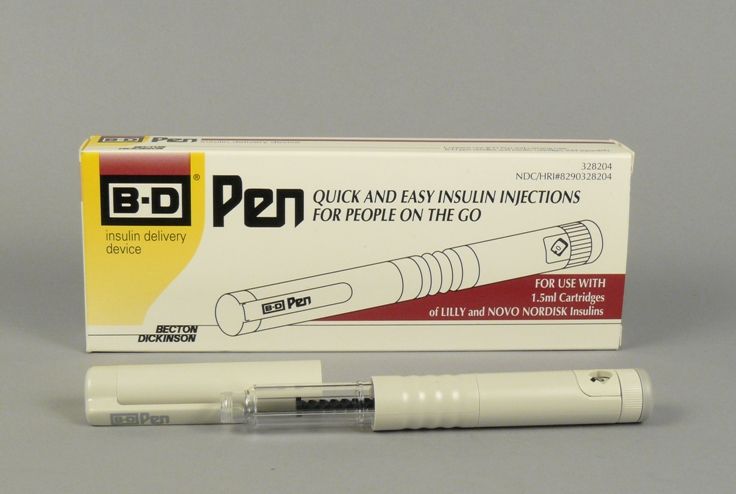Sygeforsikringen Danmark, a health insurance company, is reconsidering its stance on reimbursing customers who take out a prescription to the Novo Nordisk drug Wegovy, an expensive weight loss medicine launched at the end of last year.
In January alone, 16,593 people in Denmark received a prescription for Wegovy – and a great many were Sygeforsikringen Danmark customers eligible for a 25 or 50 percent subsidy.
It has left the insurer with such high costs that it is left with two options: either it raises the cost of its insurance for all customers, or it simply stops granting subsidies to cover the cost of the prescription.
READ MORE: No subsidies for obesity treatment, medicines agency rules
High costs … for the rest of your (extended) life
An annual prescription for Wegovy costs around 17,000 kroner, but this can rise to 31,000. The ‘miracle drug’ needs to be taken over a continuous course of time to take effect – in some cases a whole lifetime is recommended. The weight often tends to return once the treatment stops.
Intake involves daily injections to the abdomen, and side-effects include abdominal pain, headaches, nausea and vomiting, diarrhoea and constipation. Wegovy acts like a hormone, and tests conclude an annual prescription can result in a weight loss of 17 percent.
Around 2.7 million people in Denmark are Sygeforsikringen Danmark customers, and around 900,000 have a BMI of over 35. The medicine is generally approved for those with a BMI of over 30, or those with a BMI of over 27 should they have a weight-related disease such as diabetes.
Never seen demand like this before!
Sygeforsikringen Danmark chief executive Allan Luplau, in his 18 years with the insurer, has never seen demand like this before.
“If it continues to the same extent, we can look forward to our expenditure on medicine rising significantly: this may mean that we have to reduce or completely remove the subsidy,” he clarified to DR.
“The medicine is relatively expensive and a drug you have to take for the rest of your life if you want to maintain the weight loss. When we see such significant increases, we must look at whether all 2.7 million members must finance the large expenses.”
Should Sygeforsikringen Danmark stop the subsidies, the earliest it can act is January 2024.















